Bhawna
Get Real Experts on your side
Before venturing to seek career counseling, answer a few basic questions so we can connect you with our best expert counselor for personalised guidance and mentorship.



.png)
Bhawna
26/11/2024
Whether
short-term courses or full-time degrees are better for up skilling depends on
your goals, resources, and career aspirations. Here's a comparison to help you
decide:
Short-Term Courses
Pros:
1.
Quick Learning: You can gain specific skills in a shorter
timeframe (weeks to months).
2.
Cost-Effective: Generally less expensive than full-time
degrees.
3.
Flexibility: Often available online, allowing you to
learn at your own pace.
4.
Targeted Skills: Ideal for updating or acquiring specific
job-relevant skills like coding, digital marketing, or data analytics.
5.
Industry Focus: Many short courses are designed with
industry experts and reflect current trends.
Cons:
1. Limited Scope: This may not cover
broader theoretical foundations.
2. Recognition: Some courses might
not be widely recognized or valued by traditional employers.
3. Less Networking: There is limited
opportunity to build a professional network compared to campus-based programs.
Best For:
Eligibility for
Diploma Courses
Passed 10th grade (Matriculation) from
a recognized board.
Some institutes may accept students after 12th grade,
especially for lateral entry to the second year.
Age Limit: Usually 15-17 years at the time of application.
|
Undergraduate Programs |
Post Graduate Programs |
Full-Time Degrees
Pros:
1. Comprehensive
Learning:
Offers a deep dive into theoretical and practical aspects of a subject.
2. Global Recognition: Degrees are widely
recognized by employers and institutions worldwide.
3. Networking
Opportunities: Access to alums, professors, and campus events for building connections.
4. Higher
Employability: Often required for specific career paths (e.g., medicine, law, and
engineering).
5. Holistic
Development: Encourages critical thinking, problem-solving, and teamwork.
Cons:
1. Time-Consuming: Requires a
significant investment of time (2-4 years or more).
2. Expensive: Higher tuition fees
and related expenses.
3. Rigid Schedule: Full-time study may
limit opportunities for part-time work or other activities.
Best For:
Eligibility for Full
Time Courses:
Which is Better?
Short-Term Courses
(Duration: Weeks to Months)
Technology & IT
1. Data Analytics (e.g., Python, SQL, Power BI)
2. Web Development (HTML, CSS, JavaScript, React)
3. UI/UX Design (Figma, Adobe XD, prototyping tools)
4. Cyber security Basics
5. Cloud Computing (AWS, Google Cloud, Azure Fundamentals)
6. Block chain and Crypto currency
7. AI and Machine Learning Essentials
Business &
Marketing
1. Digital Marketing (SEO, SEM, content marketing, social media ads)
2. Project Management (PMP, Scrum, Agile certifications)
3. Business Analytics
4. Entrepreneurship and Startup Management
5. E-Commerce Marketing
Creative Fields
1. Graphic Design (Adobe Photoshop, Illustrator, Canva)
2. Photography and Video Editing (Premiere Pro, Final Cut Pro)
3. Animation and Motion Graphics (After Effects)
Personal Development
1. Public Speaking and Communication Skills
2. Leadership and Team Management
3. Time Management and Productivity Tools
Healthcare and
Wellness
1. First Aid and CPR Training
2. Fitness Training and Nutrition
3. Yoga Teacher Training
Long-Term Courses
(Duration: 1-4+ Years)
Undergraduate Degrees
1.
B.Tech / BE (Engineering:
Computer Science, Mechanical, Civil, etc.)
2.
BBA (Business Administration)
3.
BA / B.Sc. (Arts or Science
specializations like Psychology, Economics, etc.)
4.
MBBS (Medicine)
5.
B.Arch (Architecture)
Postgraduate Degrees
1.
MBA (Master of Business Administration)
2.
M.Tech / M.E. (Master's in
Engineering)
3.
M.Sc. (Science specializations: Biotechnology, Data
Science, etc.)
4.
MA (Arts: Literature, Political Science, etc.)
Professional and
Vocational Courses
1.
CA/CPA (Chartered Accountant / Certified Public
Accountant)
2.
LLB (Law)
3.
Teacher Training Programs (B.Ed., M.Ed.)
4.
Nursing and Paramedical Studies
Specialized
Certifications
1.
Certified Financial Planner (CFP)
2.
CFA (Chartered Financial Analyst)
3.
ACCA (Association of Chartered
Certified Accountants)
Doctoral Degrees
1.
Ph.D. (Specialized Research in any domain)
2.
MD/MS (Specializations in medicine)
Frequently Asked
Questions:
1. What is the best
course to upskill?
The best course to
upskill depends on your career goals and industry demands, such as data science
for tech or a Master of Business Administration for business. Choose a course
that aligns with your aspirations and addresses your skill gaps.
2. What is the purpose
of short-term courses?
Short-term courses
provide rapid skill development and allow learners to immediately apply new
competencies. They offer focused learning and are cost and time-efficient.
3. What is the
difference between short courses and long courses?
Short courses last
from a few days to a few months, focusing on specific skills, while long
courses span several months to years, providing comprehensive education. Short
courses are for quick upskilling, while long courses offer in-depth knowledge
and formal qualifications.
4. Which is the best
certificate course or degree?
Certificates offer
quick, specialized skill enhancement, suitable for immediate needs, while
degrees provide a comprehensive, in-depth education with broader career
opportunities. The best choice depends on your career goals and the level of
expertise required.

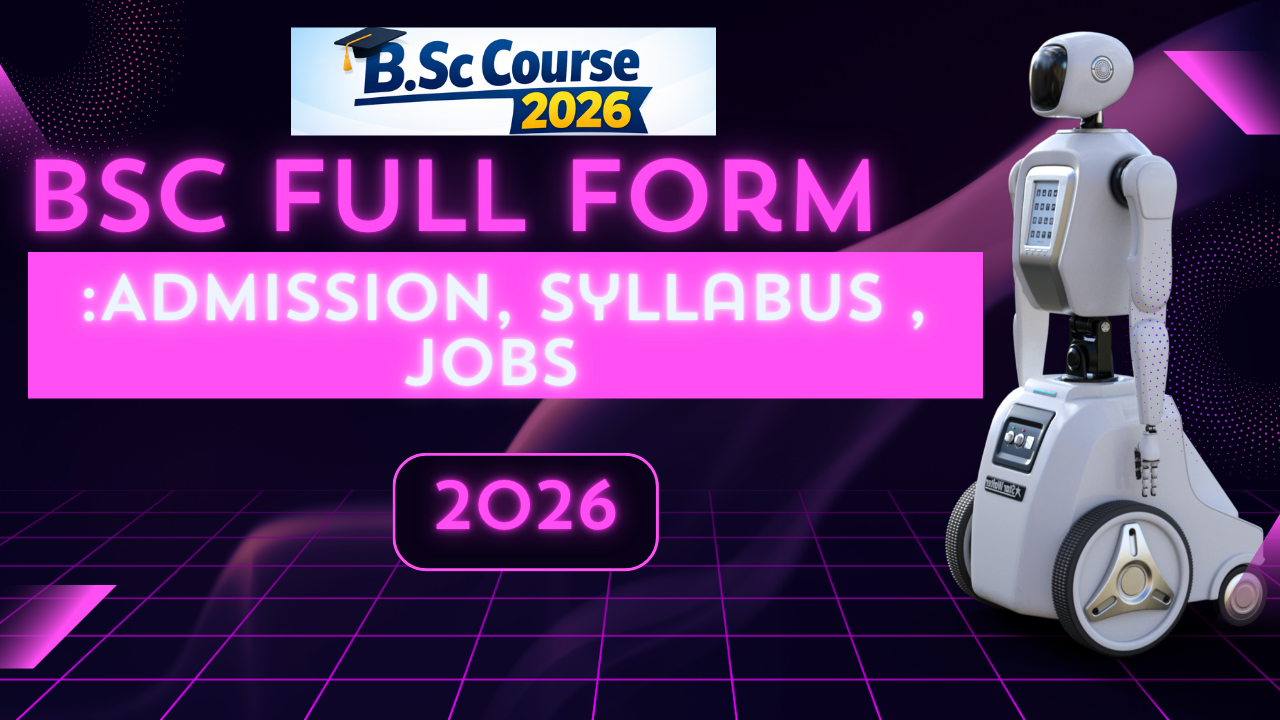
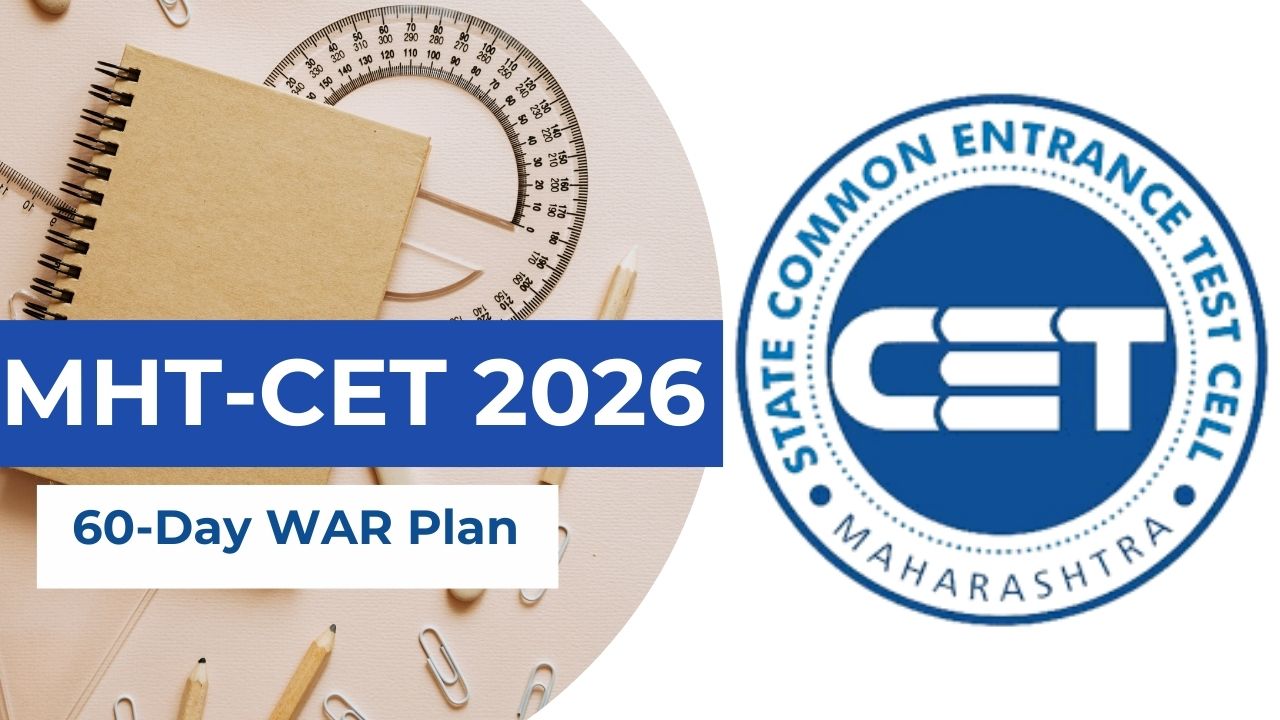
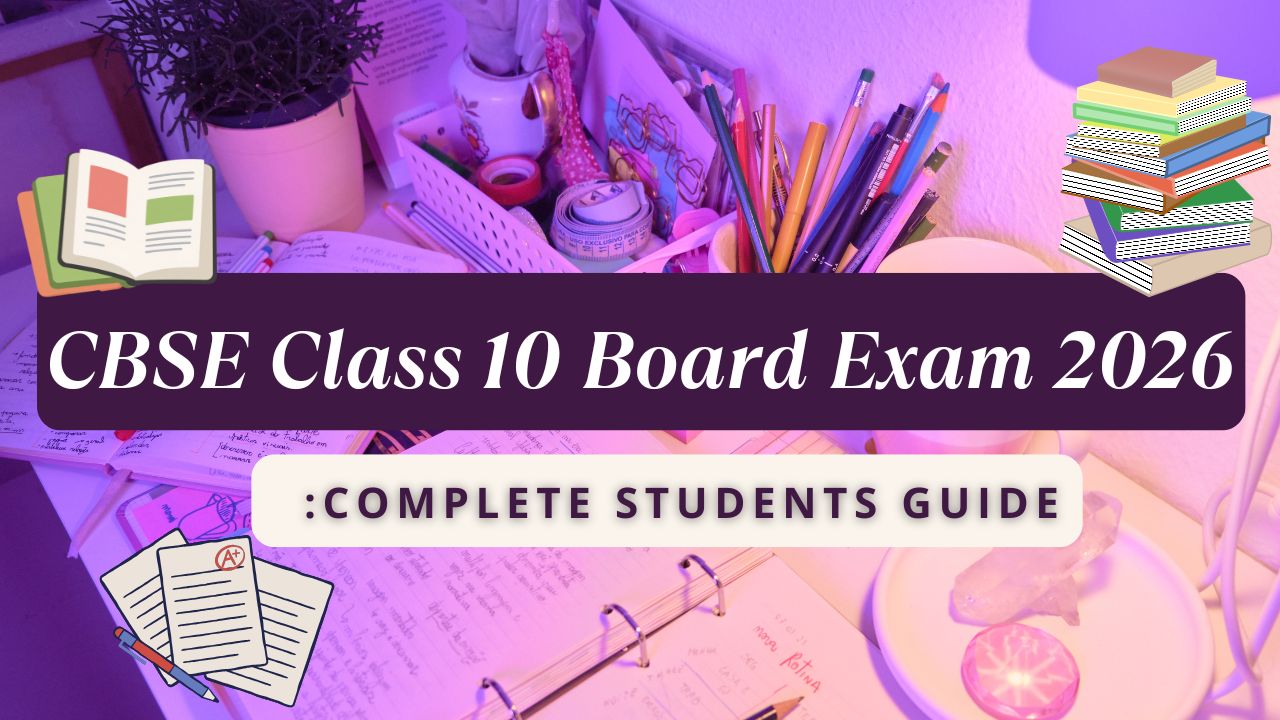
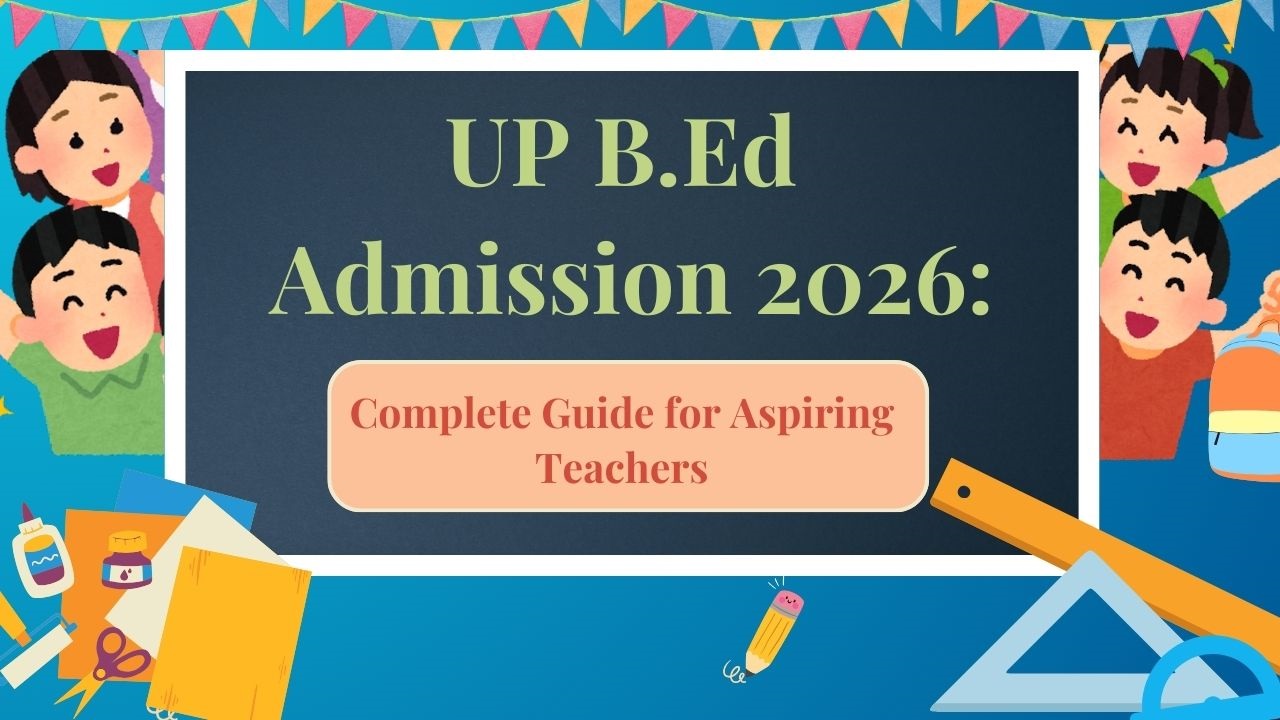
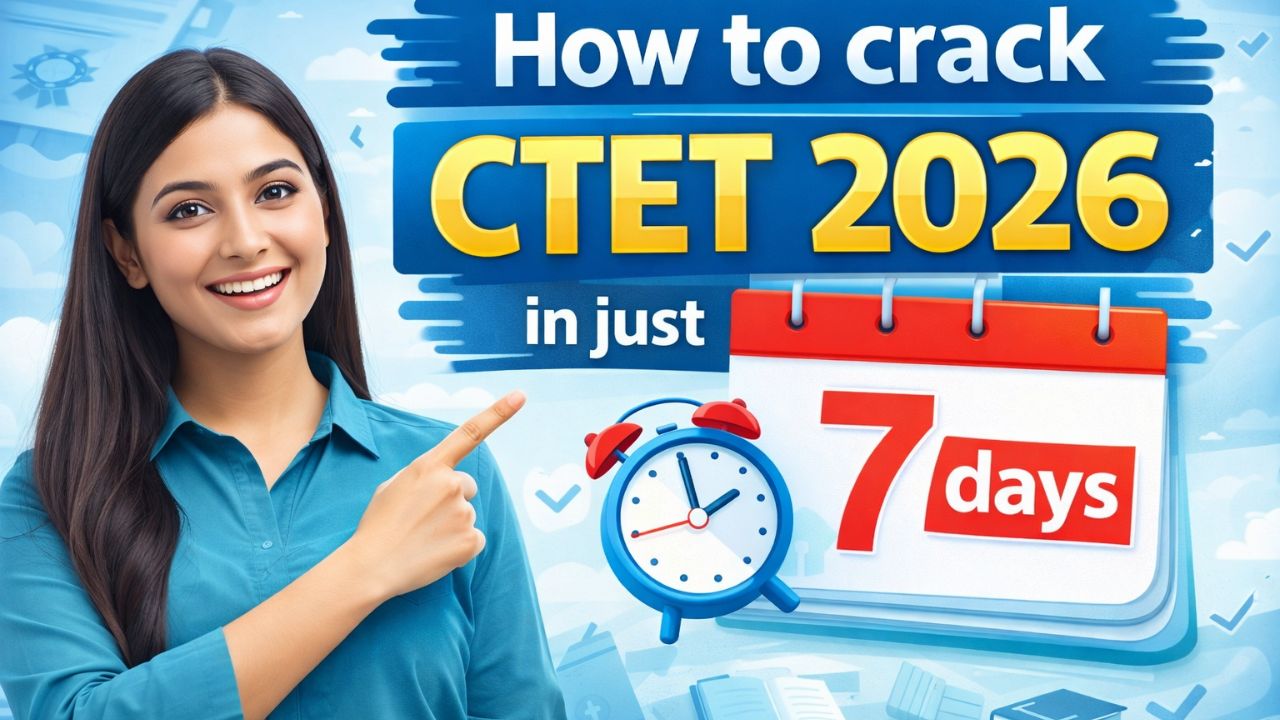
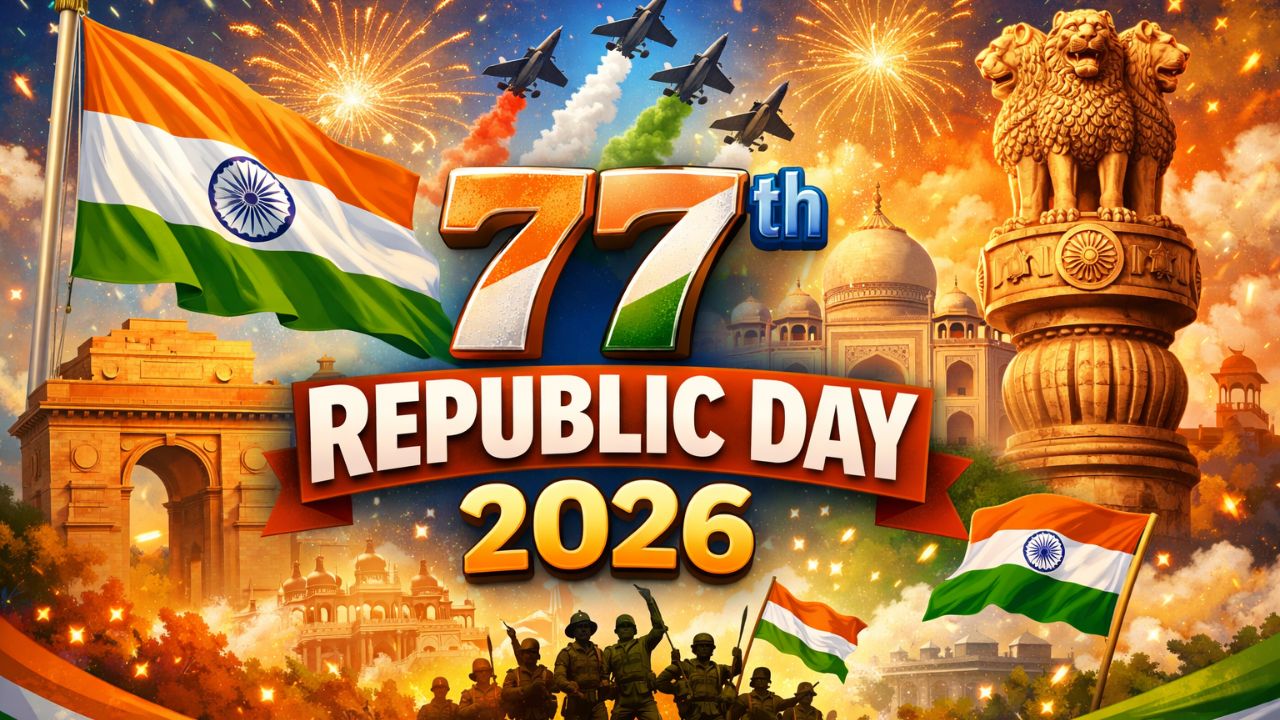
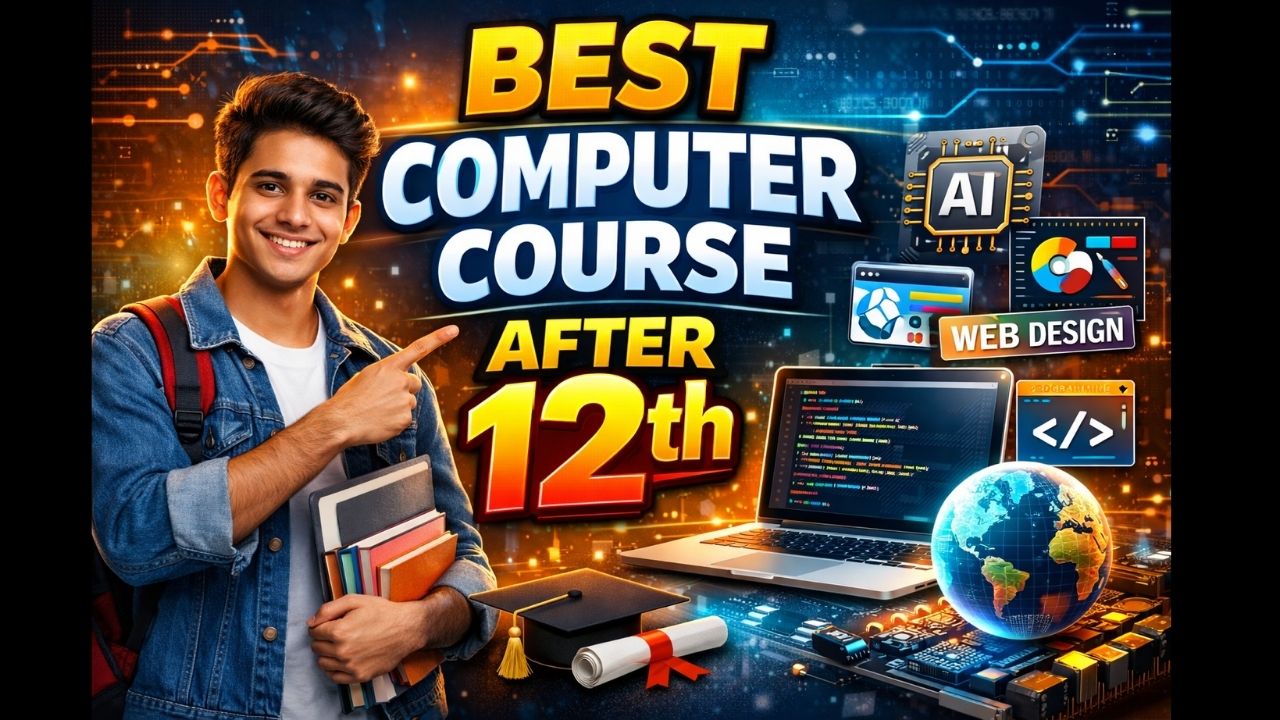

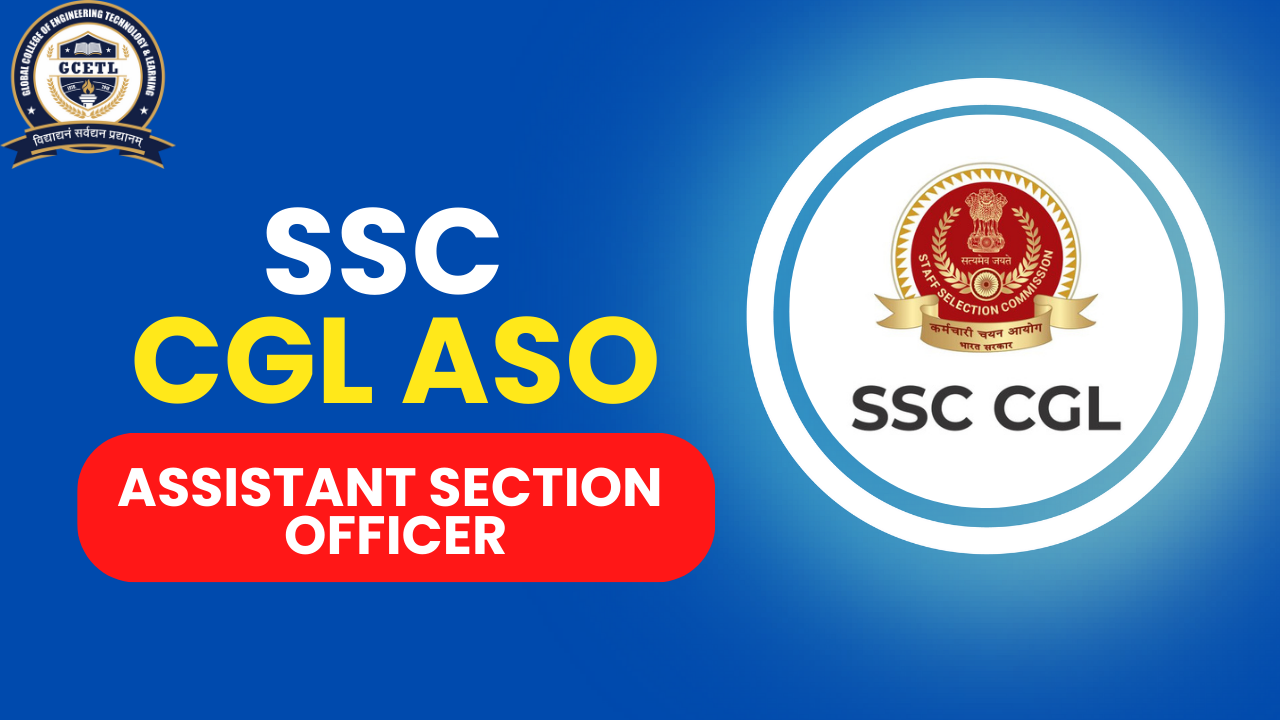
.png)
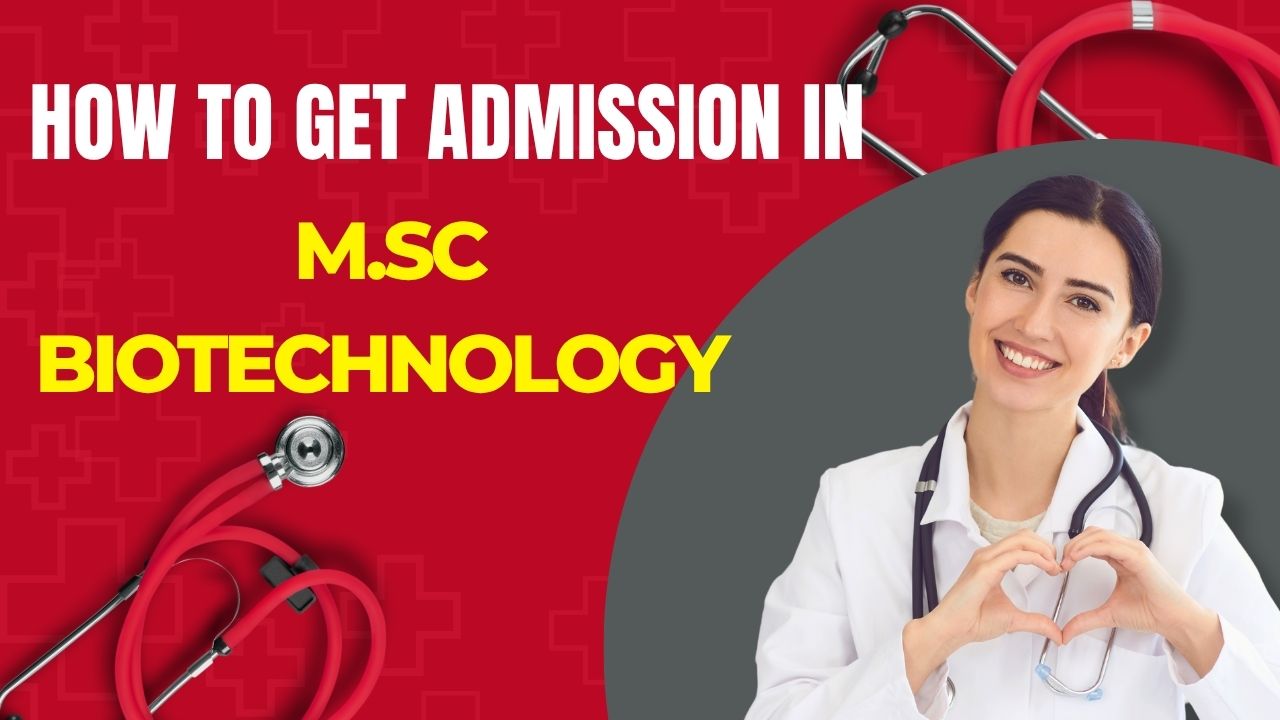







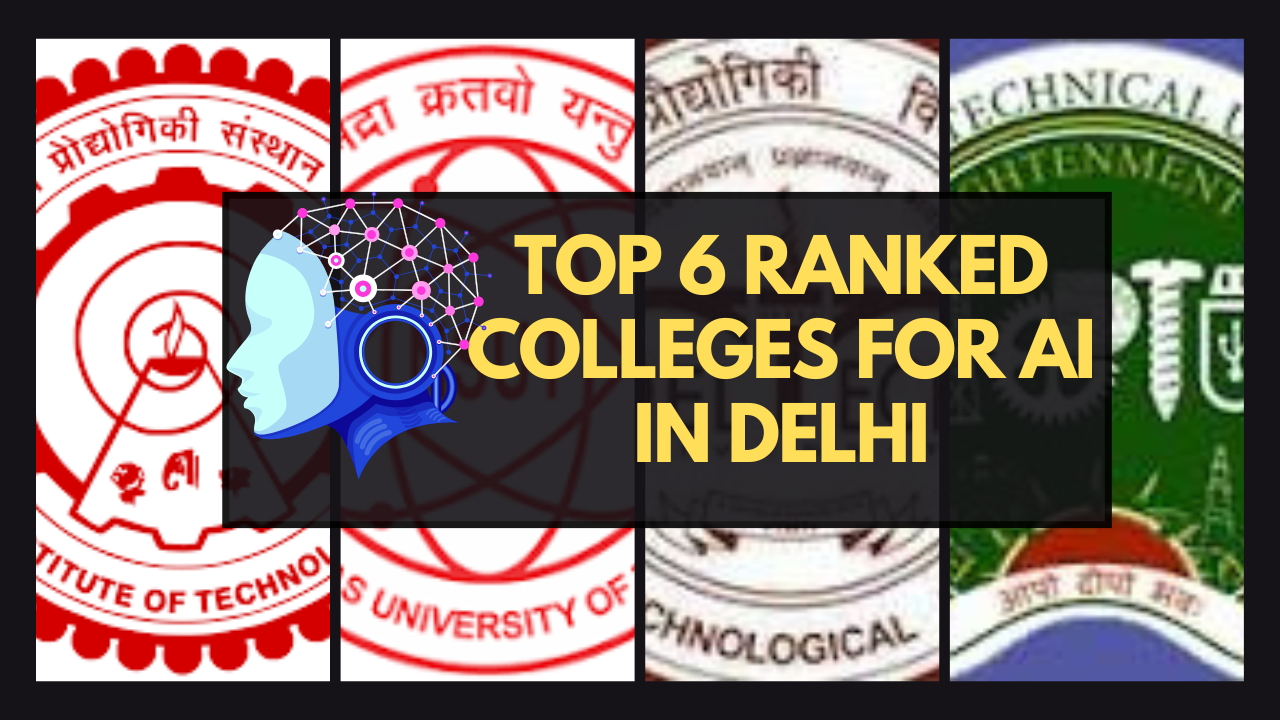


.jpg)


.jpg)




.png)







.png)

.png)




.png)

.png)
.png)



.png)

.png)

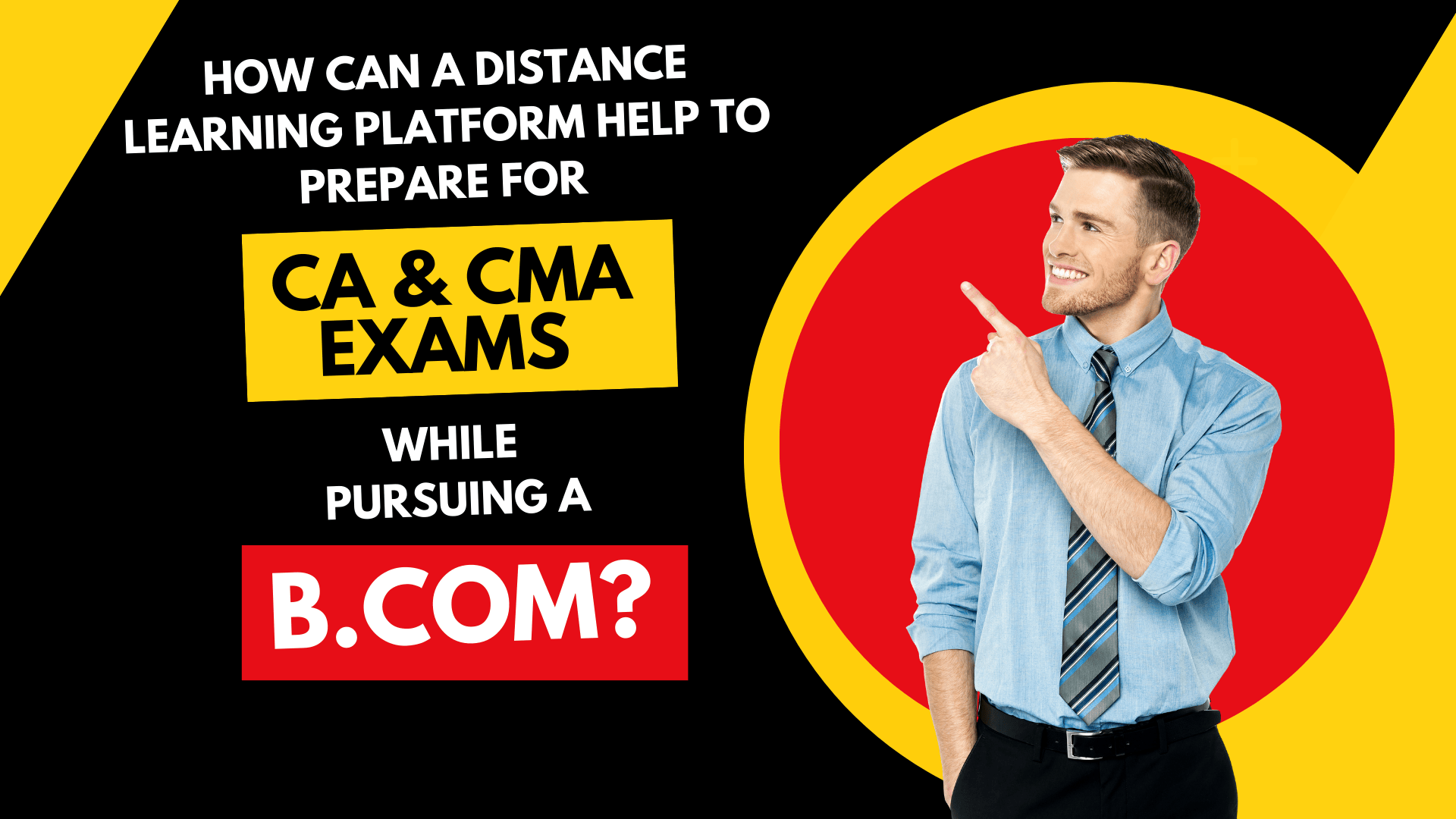
.png)

.png)


.png)
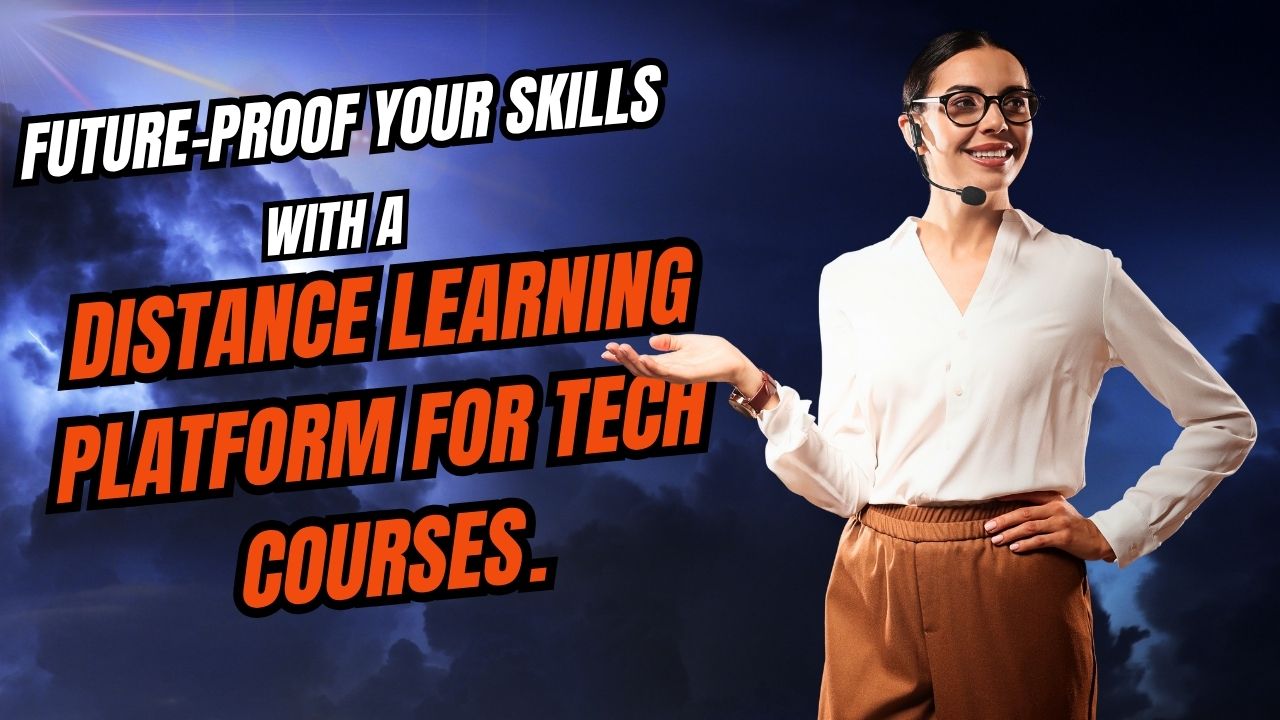
.png)

.png)
.png)

 (1).png)



.png)

.png)
.png)


.png)


.png)


.png)

.png)







.png)





.png)


.png)














.png)













.png)




.jpg)






.png)




.png)


.png)
.png)
.png)
.jpg)



.png)


.png)
.png)
.png)



.png)











.png)
.png)



.png)


.png)
.png)


.jpg)







.jpg)









.jpg)





.png)


.jpg)



Before venturing to seek career counseling, answer a few basic questions so we can connect you with our best expert counselor for personalised guidance and mentorship.
